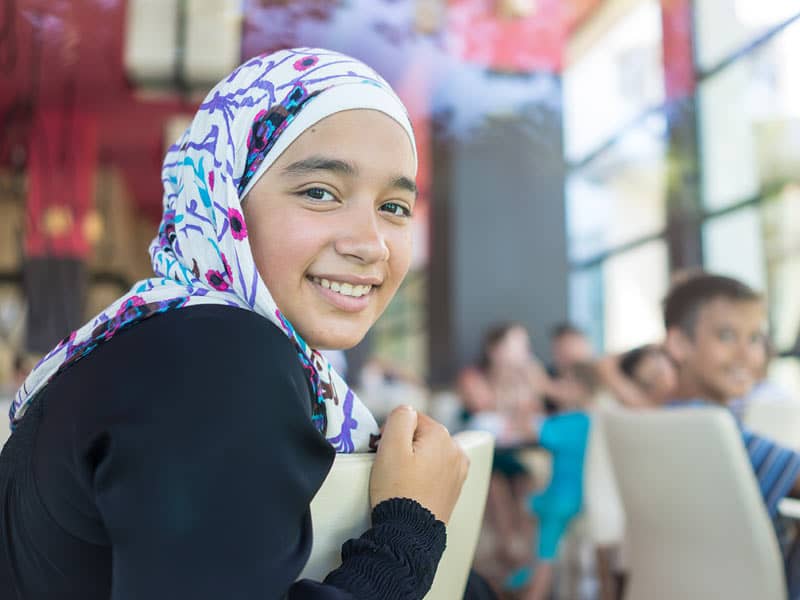GENEVA, Feb. 23 (AP) - Women who refused to wear headscarves at a United Nations human rights meeting in Iran this week played into the hands of religious conservatives, human rights chief Mary Robinson said Friday.
``Very conservative elements in Iran took advantage of the situation,'' Robinson, the U.N. high commissioner for human rights, told reporters.
``The situation in Iran is very tense between the conservatives and those who want to see progressive change.''
Two conservative Iranian newspapers, Kayhan and Resalat, on Tuesday criticized female delegates who refused to wear headscarves, saying their behavior was an ``insult to Islam.''
Robinson said the newspapers had taken ``a lot of pleasure'' in publishing photographs showing women without headscarves and had used the issue to attack the meeting itself.
Dozens of women participants had written to Robinson expressing concern at the imposition of a dress code at the Asian Conference Against Racism, Racial Discrimination, Xenophobia and Related Intolerance, which took place in Tehran.
``In a conference sponsored by the U.N., we don't want to be subjected to a dress code,'' said delegate Abeyskera Sunila of Sri Lanka.
Robinson said wearing the scarf was ``not a matter of custom or practice, but of strict law.''
She said that Iranian women's groups had argued that women should have respected Iran's culture and worn the scarf for the few days the conference lasted.
``I wore a scarf myself. I respected the fact that it was the law of the land.''
But Robinson said she had made a formal protest to Iranian authorities after what Iran claimed were ``procedural and technical difficulties'' prevented members of two groups attending the conference.
Delegates from the Simon Wiesenthal Center - a Jewish organization - were granted visas only hours before the three-day meeting, which closed Wednesday, and were unable to make travel arrangements.
Visa applications by the Bahai International Community were not considered. The Bahai faith was founded in Iran, but Bahais are now considered heretics there and are not recognized in the Iranian constitution as a religious minority
``The Bahai delegates were given the run-around by Iran authorities,'' said Robinson.
``I took a strong stand on this. It undermines all the values of the conference.''
The Teheran conference was one of a series of regional meetings taking place ahead of the U.N.'s World Conference against Racism, which will be held in Durban, South Africa, in September.
2016-06-30
2016-06-30
Beliefnet Editor
more from beliefnet and our partners

